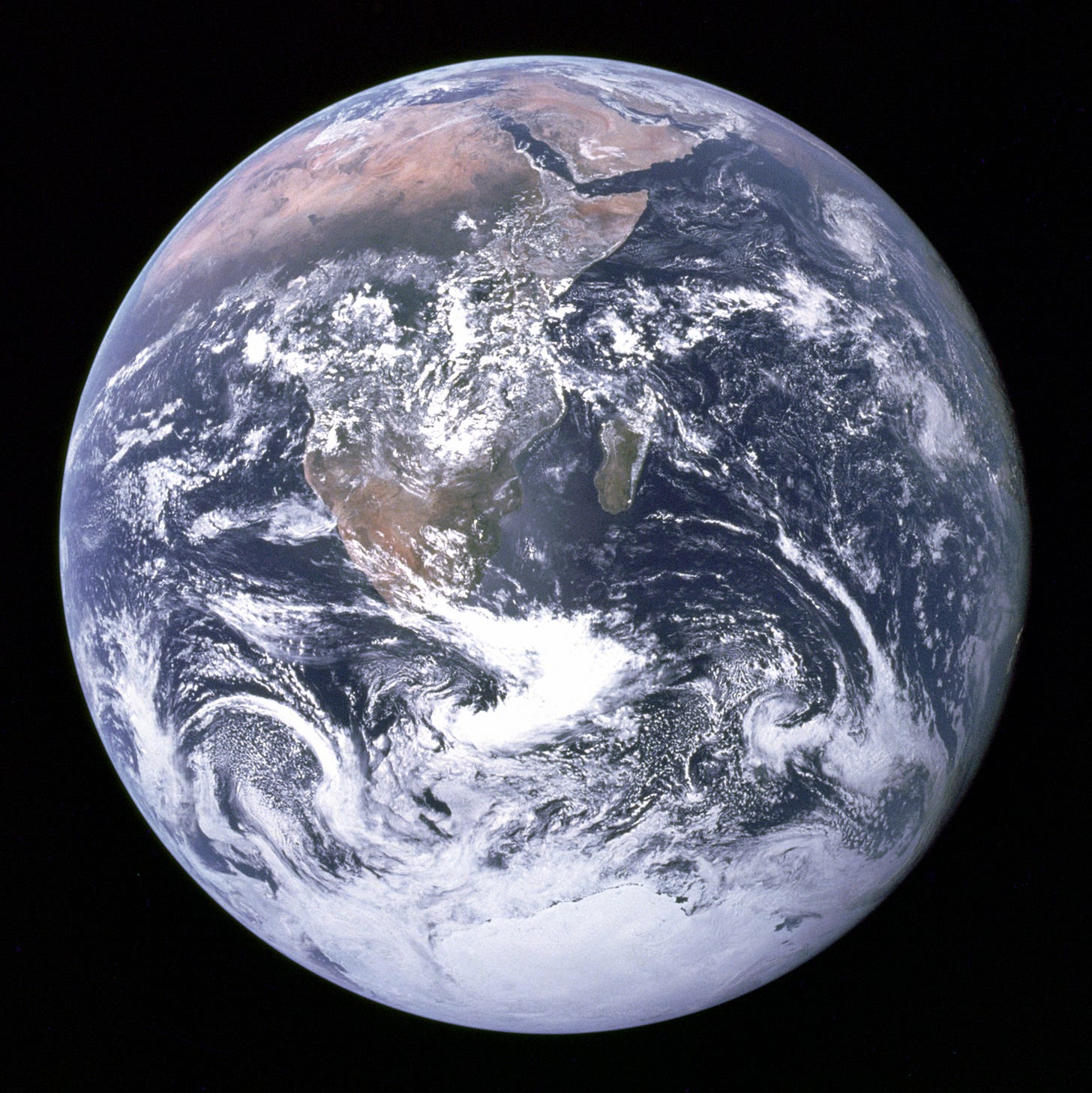Growing up in the 1960s & 70s
It was a time of increasing independence, freedom and adventure, discovering ourselves and our environment.
This is a continuation of the same theme as last week’s post, Growing Up in Montreal’s Mile End, but this is written with a more general view of the 1960s and ’70s.

Some of you readers might find life as I knew it in the 1960s and ’70s somewhat strange, at least how I describe it. For example, I walked to and from school by myself or often with a friend starting in Grade 1, when I was six. I went most places without any parental or adult supervision—to the park, to Mont-Royal, to stores, to the Dairy Queen (DQ), to the corner kiosk, to the library, and also taking the occasional bus. I and my two brothers usually stayed within an area of six or seven blocks in either direction, where we ran up and down the streets, back alleyways, crossing at lights and sometimes not. Yes, it is true jaywalking is or was common in Montreal. It is not something I would do now.
As much as we played on the streets and back alleys, Fletcher’s Field and Mont-Royal were central to our areas of play and fun. They served as much as founts of imagination and creativity as they did natural places of beauty. I can still recall Monarch butterflies and dragonflies in great numbers hovering around us. Even as a young child, I found these insects exotic, as much as I was fascinated by the spider’s mastery in web building. So, yes, Charlotte’s Web (1952) was a favourite of mine.
Even so, it was mostly activity that kept us on the move. For example, I built forts and clubhouses with my two brothers and friends. They usually had a sign saying, “No Girls Allowed.” Except one time our clubhouse leader, Louis M., was bribed with a bag of bacon hickory chips by Debbie B. It wasn’t that we disliked Debbie; we in fact liked her, but this was supposed to be a boys club, where we did boys stuff, like discuss Superman, Batman, The Flash and the Fantastic Four. When the rest of us complained and said, “What about the no-girls rule? Louis M. said something about exceptions, while munching on the chips. That clubhouse lasted another week; there were others.

That was the 1960s; it is true that in looking back, the 1960s ended with some disappointment for my older peers, the Early Boomers. But this did not mean that we started the new decade with deep despair and angst. The 1970s had its own particular charms, such as Bell Bottom jeans, elephant pants, tie-dyed T-shirts, disco, clogs, leisure suits, a continuing great rock music scene, and Polaroids, to name some things that come to mind in terms of culture.
In terms of our environment, and helping the Earth in protecting it from ourselves, two events stand out. The first Earth Day took place on April 22, 1970, when 20 million people took part. It started in the United States and is now a global phenomena. Rachel Carson’s Silent Spring (1962) was the impetus behind the movement, by raising “public awareness and concern for living organisms, the environment and the inextricable links between pollution and public health.” I remember the concern we all had for air pollution, for smog and how we all wanted clean air to breathe. I mean, it seems like a given. This initial event in 1970 drew 10 percent of the U.S. population at the time and, equally important, it rooted the beginning of the modern environmental movement. The second huge environmental event that took place in America, in 1970, was the creation of the Environmental Protection Agency (on December 4, 1970), the EPA.
I might be Canadian, but I know this was not only good for Americans but also for us here as well. Our two nations do share a large border and air and water do not care about human-made boundaries. So, any agreement to protect us is good and welcome. I would like to add that this shows that the optimism was still there, but more muted. It was also a time of consciousness raising and self-reflection. Tom Wolfe, the celebrated author the 1970s “The Me Decade” for our absorption in Self. Wolfe might have had a point, but it was taken from a different vantage point than from where we stood. Wolfe was 45 when he published that famous article in New York Magazine. The Boomers averaged 20 in 1976; I was 19, so near the average. I had heard about the article, read it, saw his point, and then immediately forgot about it.
We had a point, too, it being that starting in 1970, with the new decade, nothing much really changed for me and most of the people I knew. We still talked a lot about many different things; we still discussed ideas, some deep, some superficial. We still bought LP records (“vinyl”). After age 18, we went to clubs, including disco. We danced and danced. We went to concerts, generally rock and saw many of the popular bands, mostly at the Old Montreal Forum (Bowie, Springsteen, Dylan, etc.) and one at Jarry Park (Supertramp in 1979) and one at the Olympic Stadium (Pink Floyd in 1976). I also saw Sting and The Police before they became popular at a midsize club in Montreal, Théâtre St. Denis, sometime in 1979.
In other words, what Wolfe wrote did not reflect anyone that I knew. I am sure there were such people that Wolfe described as being self-absorbed, but these types can be found in every generation, just they might be better at hiding their character flaws. So, it really did not matter if the mainstream media hung a label around our necks. We just did not care to take it as important or serious. The mainstream media was less important than, say, what was written or said in Village Voice, Rolling Stone, or NBC’s Saturday Night (1975-79), and afterwards renamed Saturday Night Live (SNL). You get the idea.
I am writing somewhat in a discursive style, since I am in a rather reflective mood, and I have many thoughts in my mind competing for attention. So, forgive me if this is hard to read or follow. Nevertheless, I sense by the end, it will all come together in your mind, dear reader, and make some sense. At least, I am hoping, it will.
So, let’s return to the end of the 1960s and the beginning of the 1970s, when I was 12. We still played outdoors. I often stayed outside playing with friends till late at night. This was the norm then. As long as I came home for supper, it was fine. As long as we returned home before it got dark, it was fine. As long as I did my homework and chores. Our parents expected us to be independent and play outdoors most of the time. I was a good student, did my homework and only missed school when I was sick, which was rare. So, my parents had little to complain about me; I was never grounded. And parents then never gave time-outs, since this concept of child-rearing came later. I do not remember ever being spanked; yet, corporal punishment was common then. Schools used the strap to discipline kids and teachers used rulers on hands. I am against such methods, since I believe violence only leads to violence. I am glad that such methods are no longer used.
But what is a “problem” today, in my view, is the child-centred approach in which parents do not say no to their children. Or at least not nearly enough. No is a fine word, and I view being a good parent means using the word “no” as often as you think necessary. I think the reason kids whine so much today is that they found it as an effective way to get their wants met. Notice that I said wants and not needs. My parents said “no” often, especially my father. I was disappointed in the moment, but it did not last long.
It taught me that if I truly wanted something, I had to work to earn the money to get it. I started working at a young age, first with my father, who worked as a carpenter, at around age eight, being his young helper, and then later delivering newspapers, shovelling snow, painting houses, and then at age 18 working in a factory part-time and during the summers. Would I have liked to have been a trust-fund baby? Sure, at the time—Absolutely. But, now, knowing what I do about humans, No, Not Really. I would not have been the person I am today. I have done a lot of hard work along the way to become who I am. A good part of this work involves learning new ways of thinking, placing greater importance on relationships and on how we live in harmony with ourselves and our environment.
The first step in seeing non-human animals is to understand that human animals are not in any way superior to our non-human companions. This will require Humility on our part. The word Human does not mean superior. It is just a descriptive of one species out of 8 million. We humans can learn a lot from other animals.
Consider birds, who from what I have observed over the years, know that they are birds and act in accordance with this knowledge. Do birds wish they were not a bird? Unlikely. Do birds wish they were ground animals or undersea creatures? Probably not. Do birds seem uncomfortable in their feathers? No. Never. Not in my observations. When I look at Arya the Cockatiel I see a bird, a sentient being who is complete in his bird-ness.
Yes, I can learn much from the birds, especially Arya, my faithful avian companion. I will end with a classic, “Songbird” by Fleetwood Mac on its phenomenal album, Rumors (1977), the last track on Side 1. It is written and sung by Christine McVie. McVie died in November 2022; she was 79. She sings Songbird like a bird. Beautifully.
The Chorus:
And the songbirds are singing
Like they know the score
And I love you, I love you, I love you
Like never before
Merci et à bientôt.
Born at 315 ppm
Now at 425 ppm




Much enjoyed reading this Perry. I'm a couple of years older than you and grew up on another continent in the northeast of England, but recognise much of what you write on growing up in the 60s and 70s. Happy Days.
Wonderful retrospective of growing up in the 60s and 70s, Perry. I enjoyed reading this very much and love the homage to Fleetwood Mac and Christine, such a beautiful vocalist and musician, really a defining sound. I’m about 5 years younger than you, and it was the same independence and playing outdoors that defined growing up in Oregon. I have such a love of the outdoors and nature because we were always playing outside. It’s so important. I really appreciate not only your reflections on this but your insights as well in terms of human resilience, compassion and understanding our kinship with other species. And a special thank you to Arya and his incredible wisdom.